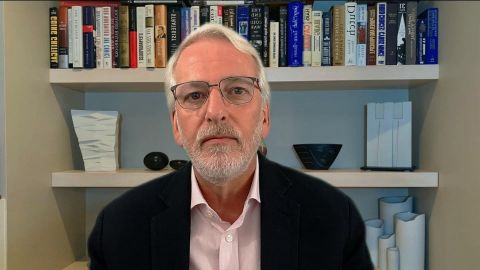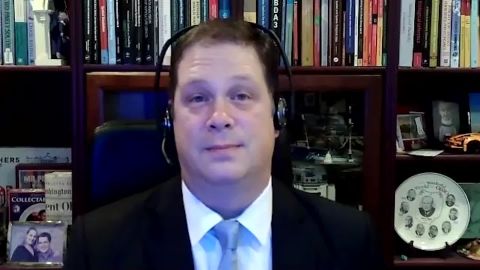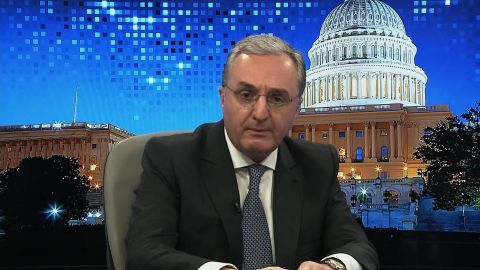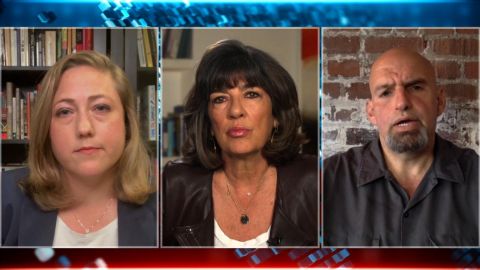Read Transcript EXPAND
CHRISTIANE AMANPOUR: Is there a role and a route to compromise over this?
IVO DAALDER, FORMER U.S. AMBASSADOR TO NATO: Well, there hasn’t been a route to compromise, of course, for almost 30 years, since the conflict really started up again back in the early 1990s, when Armenia was able to take control of Nagorno-Karabakh and has kept control of that region ever since. Occasionally, we have had some diplomatic engagements, as we did in the late ’90s, that was trying to get to a diplomatic settlement. But then war or conflict once again rises to the fore, as it did in 2016, as it is doing now again. Ultimately, unless and until the leadership in both Armenia and Azerbaijan is willing to compromise on this very difficult set of issues of both the self-determination that is involved, but also the territorial integrity and the non-use or threat of force, which are key principles, not only of the U.N. charter, but of the Helsinki Final Act, that guide and should guide behavior in Europe, until that is done, we’re not going to get a diplomatic solution, nor, frankly, are we going to get a military solution. It’s just a bloody mess when the fighting goes on, but nothing much changes in the status quo.
AMANPOUR: So, let me ask you this, then, because, clearly, people are worried. I mean, there’s a reason why the United States has invited these two gentlemen to Washington, that the secretary of state has put his — power of his office behind trying to get a cease-fire. Why is it so important? I mean, you were a NATO ambassador for years. Obviously, Turkey, which backs Azerbaijan, is a NATO member. And let me just see — read you what President Erdogan has said just a couple of weeks ago. “We say again to our Azerbaijani brothers that we stand by them in their holy struggle until victory.” In the meantime, Vladimir Putin, who backs Armenia, is much less robust in his defense. He says: “hit is deeply regrettable that the hostilities continue, but they are not taking place on Armenian territory.” So, Putin is standing back, it seems. Erdogan is being very bullish on this. What could be the fallout?
DAALDER: Well, that is the big change. It’s Turkey’s direct support of the Azeri claims, but also the rapid supply of armaments and even the possible participation of Turkish forces, that has really changed the situation. Turkey is throwing its weight around. It is benefiting from the absence of the United States and others in the region. It is engaged in conflict with Russia in Syria and in Libya and now potentially over this area. That’s why it matters.
About This Episode EXPAND
Sarah Longwell and John Fetterman react to Thursday’s debate. Armenia’s Minister of Foreign Affairs discusses violence between his country and Azerbaijan. Former U.S. ambassador to NATO Ivo Daalder provides wider geopolitical context to the conflict. Political analyst Sean Trende discusses the 2020 presidential election polls and whether or not Americans can trust them.
LEARN MORE



